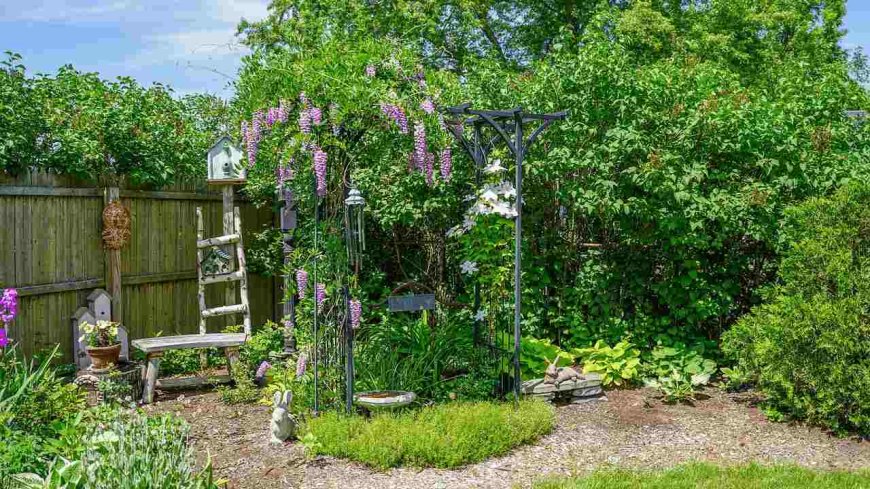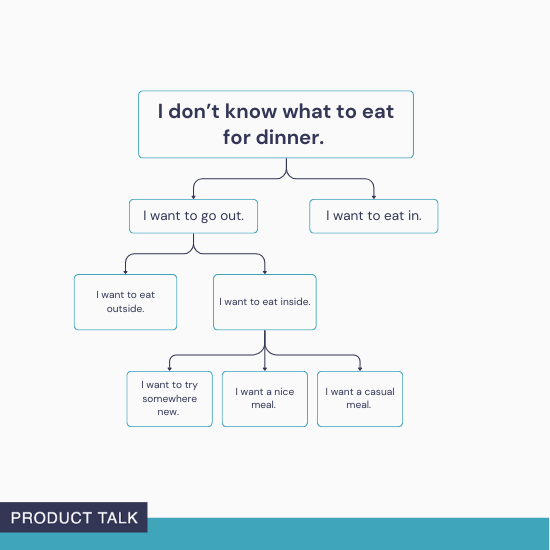Tree Care Service: Keeping Your Trees Healthy, Safe, and Beautiful
Tree care services aren’t just for when something goes wrong—they’re the key to long-term tree health, beauty, and safety. With the right professionals by your side, you’ll enjoy thriving trees that enhance your property and the environment for years to come.

Trees are more than just towering greenery—they provide shade, improve air quality, enhance property value, and create a peaceful atmosphere. But like any living thing, trees need proper care to thrive. That’s where professional tree care services come in. From pruning and disease management to fertilization and risk assessment, these services are essential for long-term tree health and safety.
Why Tree Care Services Matter
Promotes Tree Health
Routine care prevents disease, encourages growth, and extends the lifespan of your trees.
Prevents Property Damage
Overgrown or weakened trees can damage homes, cars, or power lines—proper care mitigates those risks.
Boosts Property Value
Healthy, well-maintained trees enhance curb appeal and can increase property value by up to 15%.
Supports Environmental Benefits
Trees absorb carbon dioxide, cool urban heat, and provide habitats—proper care ensures they keep doing their job.
What’s Included in a Tree Care Service?
Tree Pruning and Trimming
-
Removes dead or diseased limbs
-
Improves shape and appearance
-
Encourages new, healthy growth
-
Prevents limbs from interfering with structures or power lines
Tree Fertilization
-
Delivers essential nutrients to promote strong root systems
-
Improves resistance to pests and diseases
-
Supports vibrant foliage and flowering
Disease and Pest Management
-
Diagnoses and treats infections like root rot or powdery mildew
-
Prevents damage from insects like borers, aphids, or caterpillars
Soil Aeration
-
Loosens compacted soil
-
Improves water and nutrient absorption
-
Encourages deeper root growth
Tree Risk Assessment
-
Inspects for structural weaknesses, decay, or imbalance
-
Provides recommendations for pruning or removal if necessary
Tree Removal and Stump Grinding
-
Removes dead, dying, or hazardous trees
-
Grinds down unsightly stumps to clear space
Who Needs Tree Care Services?
Homeowners
For better-looking yards, increased safety, and peace of mind.
Commercial Property Owners
To create a welcoming, professional environment for customers and clients.
Municipalities and Parks
To maintain public safety and enhance community green spaces.
Signs Your Tree Needs Professional Care
-
Leaves turning brown out of season
-
Visible fungus or mold
-
Cracks or splits in the trunk
-
Dead or hanging limbs
-
Sudden leaning or instability
How Often Should You Use Tree Care Services?
-
Pruning: Every 1–3 years depending on species and condition
-
Fertilization: Once or twice a year
-
Inspections: Annually or after major storms
-
Pest Control: As needed when signs appear
Choosing the Right Tree Care Service Provider
Look for Certified Arborists
They understand the biology and care requirements of different tree species.
Check for Insurance and Licensing
Protect yourself from liability and ensure professional standards.
Ask for References and Reviews
Happy clients are a strong indicator of quality service.
Compare Service Plans
Get a detailed estimate and understand what’s included.
DIY Tree Care vs. Professional Service
While you can handle basic watering or mulch application, pruning large trees, diagnosing diseases, or handling heavy equipment should be left to the pros. They bring the tools, knowledge, and safety training needed to get the job done right.
The Cost of Tree Care Services
Prices vary depending on tree size, service type, and location:
-
Basic pruning: $100–$500
-
Fertilization: $75–$200
-
Tree removal: $300–$2,000+
-
Stump grinding: $100–$400
Many companies offer seasonal packages for ongoing maintenance.
The Environmental Impact of Tree Care
Healthy trees absorb more carbon, support more wildlife, and live longer. Investing in care services is investing in the planet. Sustainable practices like organic fertilization and integrated pest management also reduce chemical use.
Tips for Healthy Trees Year-Round
-
Water deeply but infrequently, especially during dry spells
-
Add mulch to conserve moisture and suppress weeds
-
Avoid damaging tree bark with lawn equipment
-
Don’t over-prune—remove no more than 25% of foliage at a time
Conclusion
Tree care services aren’t just for when something goes wrong—they’re the key to long-term tree health, beauty, and safety. With the right professionals by your side, you’ll enjoy thriving trees that enhance your property and the environment for years to come.
FAQs
Can I trim my own trees?
Yes, but only small trees or branches. Leave big jobs to the pros.
How do I know if my tree is sick?
Watch for wilting, unusual spots, dead limbs, or slow growth. A professional inspection can confirm.
When is the best time to prune trees?
Late winter to early spring is ideal, but it depends on the species.
Is fertilizing my trees really necessary?
If your soil lacks nutrients or trees show signs of stress, fertilizing helps a lot.
Do I need a tree care plan for newly planted trees?
Absolutely! Young trees need consistent watering, mulching, and monitoring during their first few years.













































































































![Building A Digital PR Strategy: 10 Essential Steps for Beginners [With Examples]](https://buzzsumo.com/wp-content/uploads/2023/09/Building-A-Digital-PR-Strategy-10-Essential-Steps-for-Beginners-With-Examples-bblog-masthead.jpg)



















































